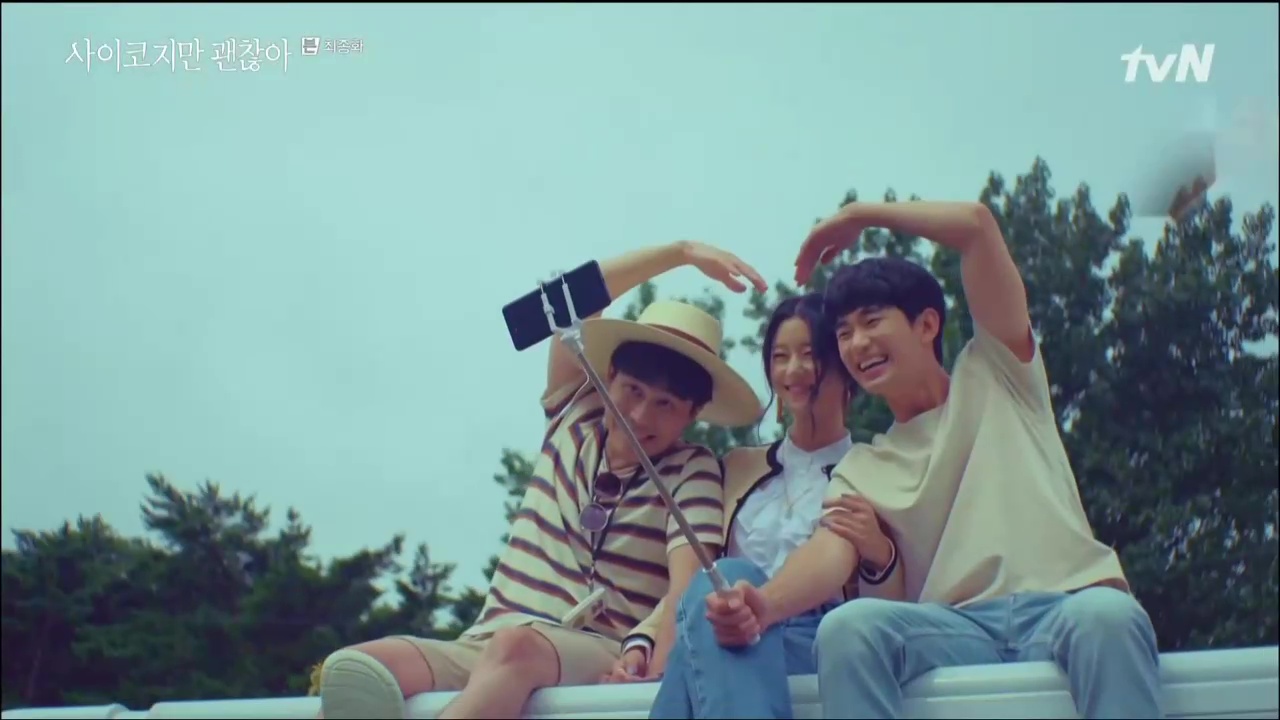It’s tough to narrow down all the lessons that K-dramas have taught me. With every watch, little nuggets of information get stored in my brain for future use. Sometimes it’s big things — reminders that love conquers all, hope is necessary, and noona killers are not off limits. And sometimes it’s small things, like remembering to always get an IV drip when you have a fever, a headache, or too much anxiety.
Recently, I watched the amazing drama Eun-joo’s Room, which is all about redesigning your living spaces using do-it-yourself methods. The idea behind the show is that material changes in your home can have rippling effects — and sometimes when you improve your surroundings, you improve your outlook as well. But when I thought harder about the message, I realized dramaland is full of DIY advice. Whether you’re out for justice or need to exorcise your childhood demons, the lesson is the same: it’s better to do it yourself.

Getting Revenge
If there’s one thing dramas have taught me it’s that you can’t trust the system. There might be a friendly and good-looking police officer hanging around the neighborhood offering help, but when it comes to righting injustice, you’ll need to take matters into your own hands.
If you’re the underdog, going up against a chaebol power player or a corrupt government official — like Park Sae-ro-yi in Itaewon Class or Lee Doo-hak in Oasis — you just can’t win by following the rules. Success requires patience, ambition, and the carefully laid plan of a lone hero with a single vendetta. So, if it’s revenge you’re after, skip the police report and go straight to the source — where you’ll single-handedly prevail against injustice, as well as the band of thugs trying to protect it.
Just make sure you’ve got revenge in your bones before you begin. Otherwise, take a lesson from Shim Woo-joo in Call It Love and, rather than go alone, forego the revenge altogether — because you’ll only end up hurting yourself in the process.

Making Money
In dramaland, money doesn’t grow on trees, fall from the sky, or come from government scholarship funds. No. If you’re not born with a golden spoon, there’s only one way to get cash for college or a trip abroad, and that’s to earn it — ten gig economy jobs at a time.
While Candy heroines sometimes take a lot of flak, they’re my favorite drama characters for their entrepreneurial edge. Without the backing of traditional employment, they face the world on their own, stacking up the bank books, until they’re headed for SNU. While some jump from job to job, like the heroines of Cheer Up or Cinderella and the Four Knights, others earn their keep by sticking it out at convenience stores (a la Backstreet Rookie) or running a family business when the family is no more (as in Flower Boy Ramyun Shop). What all these women have in common is their spunk, drive, and ability to take care of themselves when the going gets tough.
On the flip side, sometimes even when you have a cushy office job and the highfalutin salary that goes along with it, you need to give it all up and go solo if you really want to achieve your dreams. There’s no better example of this than our fly-by-the-seat-of-her-pants heroine Yumi (in Yumi’s Cells) — who says goodbye to her office buddies in order to sit home by her lonesome and write. And, as evidenced by her great success, the lesson is that DIY income is always the way to go.

Overcoming Trauma
Nary a therapist exists in dramaland, so if you want to get over all that childhood trauma you’ve been carrying around since you lost your first love at the age of five, you’d better get ready to do it yourself. Usually this entails running into that first love in your twenties and dredging up all the memories your conscious mind forgot for a reason. But if you ever want to have a chance at love in the future, you’ll want to get on with digging up the past.
There a few ways to go about rehashing your trauma. Whether you’re suffering a painful post-amnesia recall or have been harboring your secrets in silence for years — in either case — you’ll likely only get healthy when you share your problems with a trusted other (who might even have a similar problem). Well-executed examples include It’s Okay to Not Be Okay, Just Between Lovers, I’ll Find You on a Beautiful Day, and The King’s Affection — all dramas about overcoming hugely traumatic events in the face of feeling entirely alone.
But, as with every lesson, there are exceptions and sometimes trauma just can’t be overcome. I learned from The Interest of Love that even in the magic of dramaland, some deeply rooted problems are here to stay. Luckily, it doesn’t happen often. As taught by Kiss Sixth Sense, skipping the psychological treatment in favor of a friend usually works just fine — so fine, in fact, it can shatter your heightened sensitivity and get you back to your normal senses.

